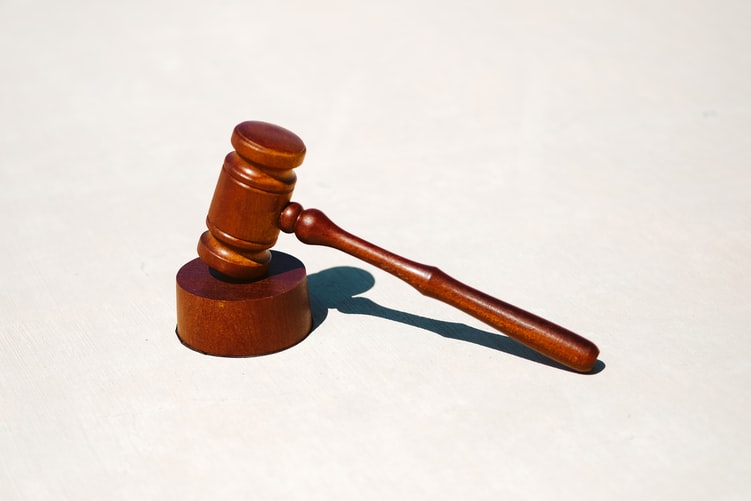Legal representation when charged with a felony crime is just as important as knowing your rights. When a police officer arrests you for a felony, remember you have the right to remain silent and the option to call a criminal defense attorney immediately.
You do not have to try and prove your innocence, as any inaccurate fact or simple misstatement at this time could be used as evidence to jeopardize your defense case in the future.

While understanding all this is critical, you should also understand some of the ramifications of facing a felony conviction. What happens if you’re convicted? How does the conviction affect the rest of your life? Here are some expert insights.
Felony Convictions Follow You Forever
Felonies are serious crimes, and if you are convicted of a felony, you could face significant fines and a lengthy prison sentence. Unfortunately, even after confessing, paying the fines, pleading guilty, doing your time, and even moving on with your life, a conviction will stay with you forever. It can affect many aspects of your life, long after you have served your sentence. Here’s a look at what to expect:
Employment Prospects
Even after completing your probation and serving your time, a felony conviction affects your employment prospects. You will not be able to get a job in certain industries.
For example, you cannot get a teaching job, a job in child care, a job driving a school bus, and many more. Even with professional licensing, you’ll likely encounter employment obstacles. Of course, you can consult your lawyer to discuss your options, specifically regarding your state’s laws and the “fair chance” statute.
Professional Licenses
After a felony conviction, you may lose any professional licensing you have. However, this depends on the type of felony crime in question and any statutory licensing restrictions in your state.
For instance, all professionals have specific statutory requirements for license suspension, revocation, and potential reinstatement. If you’re an adoptive or foster parent, you may also lose your license if any family member gets convicted of a felony. Similarly, convicted felons are not permitted to enlist in the military.
Housing Expectations
When it comes to housing, property owners may refuse to rent to you or even evict you if you or any members of your household have been convicted of a specific federal, state, or local felony. If your felony conviction is considered a health, welfare, or safety risk for other tenants, you may also be evicted. Public housing landlords can even evict tenants for merely associating with convicted felons or those arrested for drug-related crimes.
Your Civil Rights and Responsibilities
When you’re convicted of a felony, you lose the right to own or carry a gun. You can’t run for office, vote, or even serve on a jury. However, if you can successfully erase your criminal record or meet other criteria, you can seek restoration of some of your civil rights and responsibilities.
What About Your Right to Privacy?
When convicted of certain sexual crimes, felons must comply with “Megan’s Law.” You must register as a sex offender in your state, update your address whenever you relocate, and provide a DNA sample. Additionally, the sex offenders registry is available to the public to see, meaning anyone can check the records.
Eligibility for Federal Assistance
As a convicted felon, you’re also ineligible for grants, housing assistance, higher education loans, food stamps, and other federal benefits. The restrictions are often tied to specific types of crimes, such as those involving the use and distribution of controlled substances.
Is There Any Chance of Regaining Your Rights?
Felony conviction laws, guidelines, and statutes vary in every state. There are procedures that must be followed when it comes to reconsidering or reinstating the rights of a convicted felon. There are guidelines with each license statute regarding things such as professional licenses, for example. Some of the consequences of a conviction may also end after a specific number of years have passed.

If you meet the qualifications, you may also get pardoned for your crimes, which can help ease or eliminate some of your employment restrictions. There are different pardons available, such as an absolute pardon that erases your criminal record and comes with a certificate of employability.
This certifies that you’re employable and eligible for specific licenses, even though you’re a convicted felon. It prohibits any employer from denying you the right to employment based on your criminal record.
Consult a Qualified Criminal Defense Attorney
Understanding what could happen when convicted of a felony is crucial, as well as working with the right lawyer who can strive to get a positive outcome for your case.
If you’ve been arrested and charged with a felony, it’s advisable to consult a qualified criminal defense attorney with years of experience successfully representing felons in court proceedings and trials. An attorney will work to get your charges dropped, seek a more favorable plea deal, and represent you in the trial to fight for your rights.

